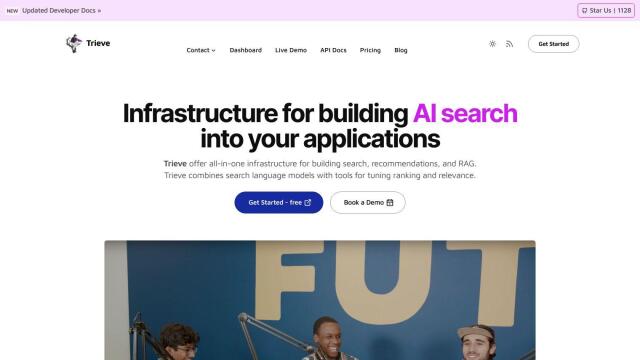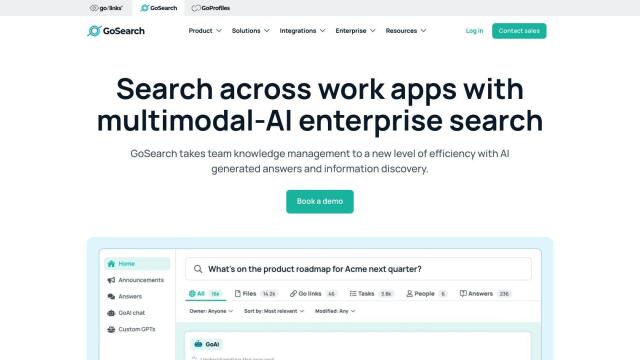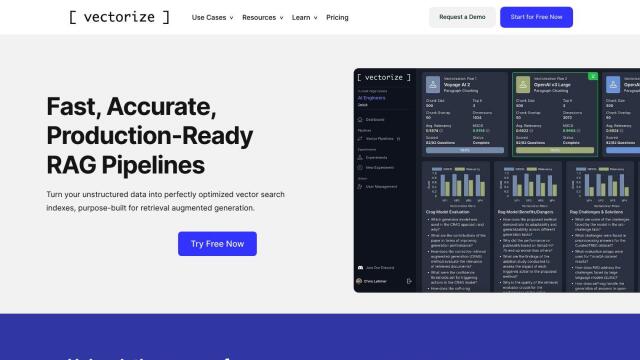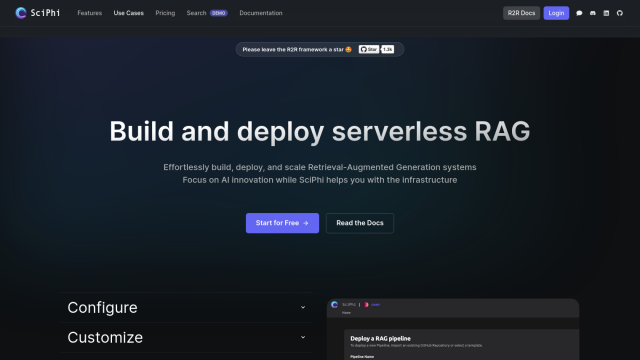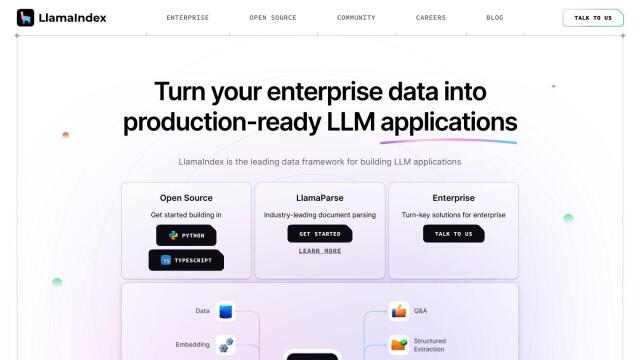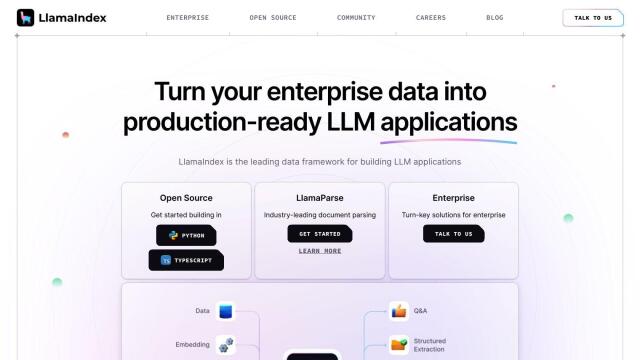Question: I need a scalable, open-source solution for building custom search applications, can you suggest one?

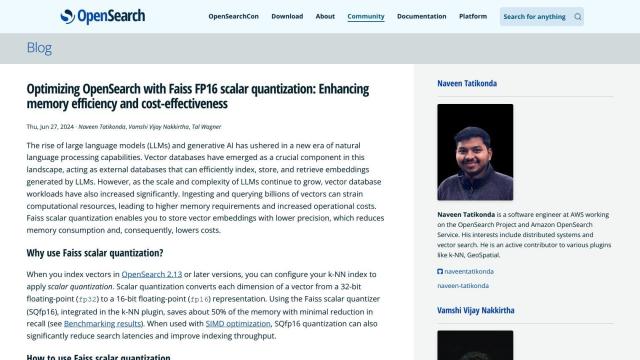
OpenSearch
For a scalable, open-source foundation for building your own search applications, I recommend OpenSearch. It has a wide range of features including search, observability and security analytics, so it's a good fit for enterprise use cases. OpenSearch has support for high availability, on-premises, hybrid and multicloud environments, and includes tools like OpenSearch Dashboards and Data Prepper. The open-source project is licensed under Apache 2.0 and has a wealth of documentation and tutorials to get you started and learn more.


Vespa
Another good option is Vespa, which uses AI and vector search to fuel high-performance search applications. It can handle fast vector search, lexical search and machine-learned models, so developers can create high-performance search applications. Vespa can be integrated with a variety of machine learning tools and offers auto-elastic data management, which means high end-to-end performance and low latency. It's a good option for complex search use cases.


Meilisearch
Meilisearch is another open-source search engine that promises fast, relevant results. It supports search-as-you-type, various integrations like filters and language detection, and strong security options. Meilisearch's API is easy to understand, and pricing is flexible, so it's a good option for site or app search, regardless of how much you use it.

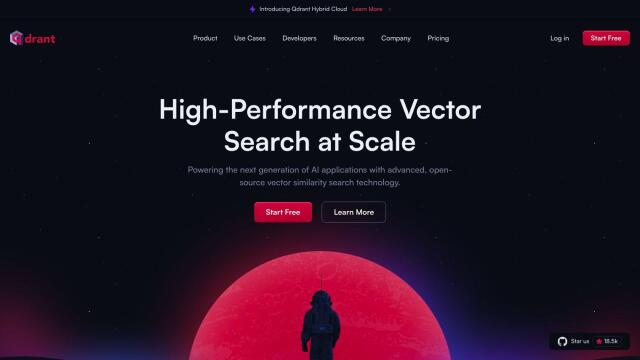
Qdrant
Last but not least, Qdrant is a fast and scalable vector database and search engine. Its cloud-native design and Rust-powered reliability means it can process high-dimensional vectors at high performance. Qdrant can be used for advanced search and recommendation systems, and it can be deployed in a variety of ways, including a free tier with a 1GB cluster, so it's cheap and highly available.



